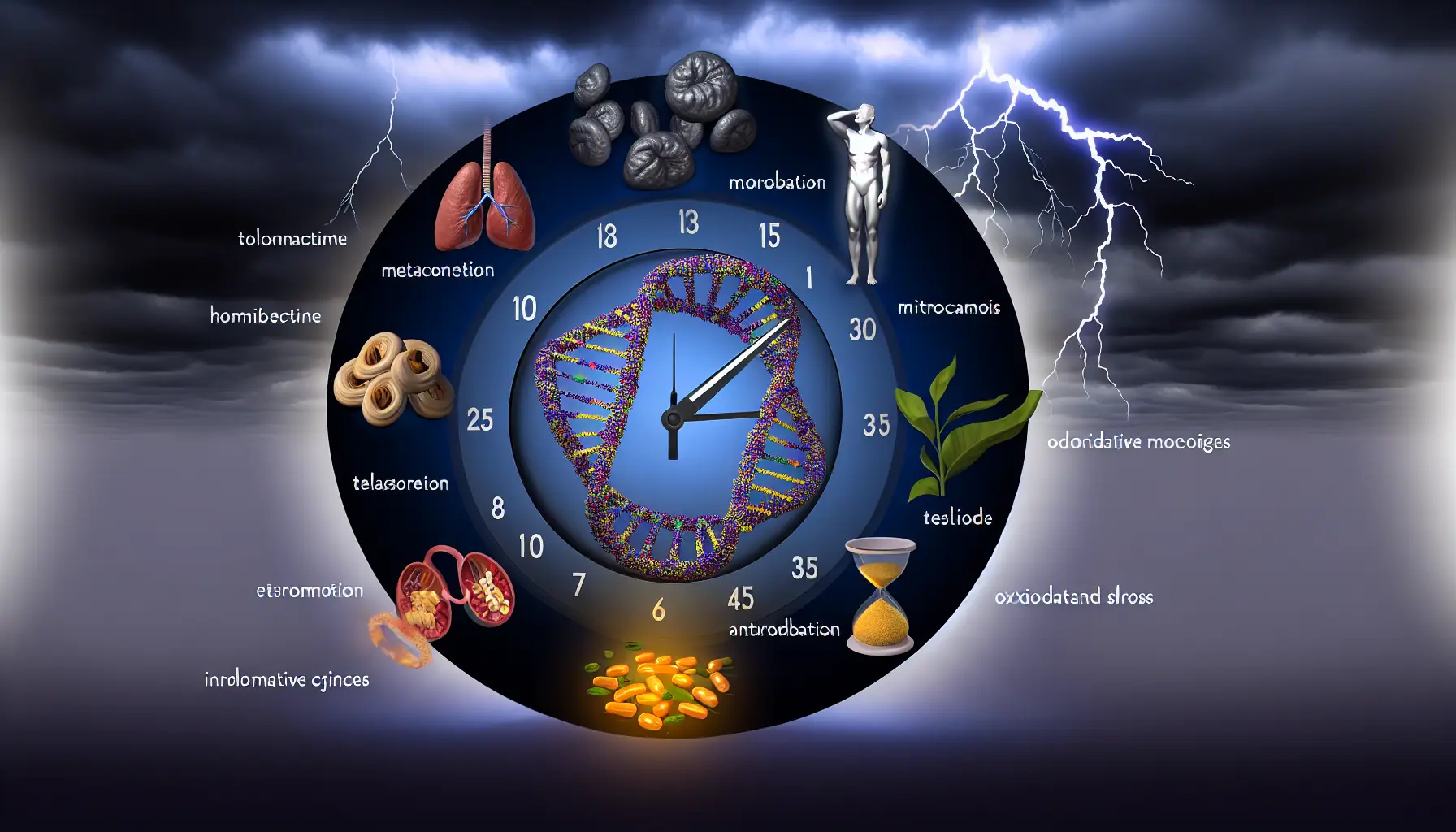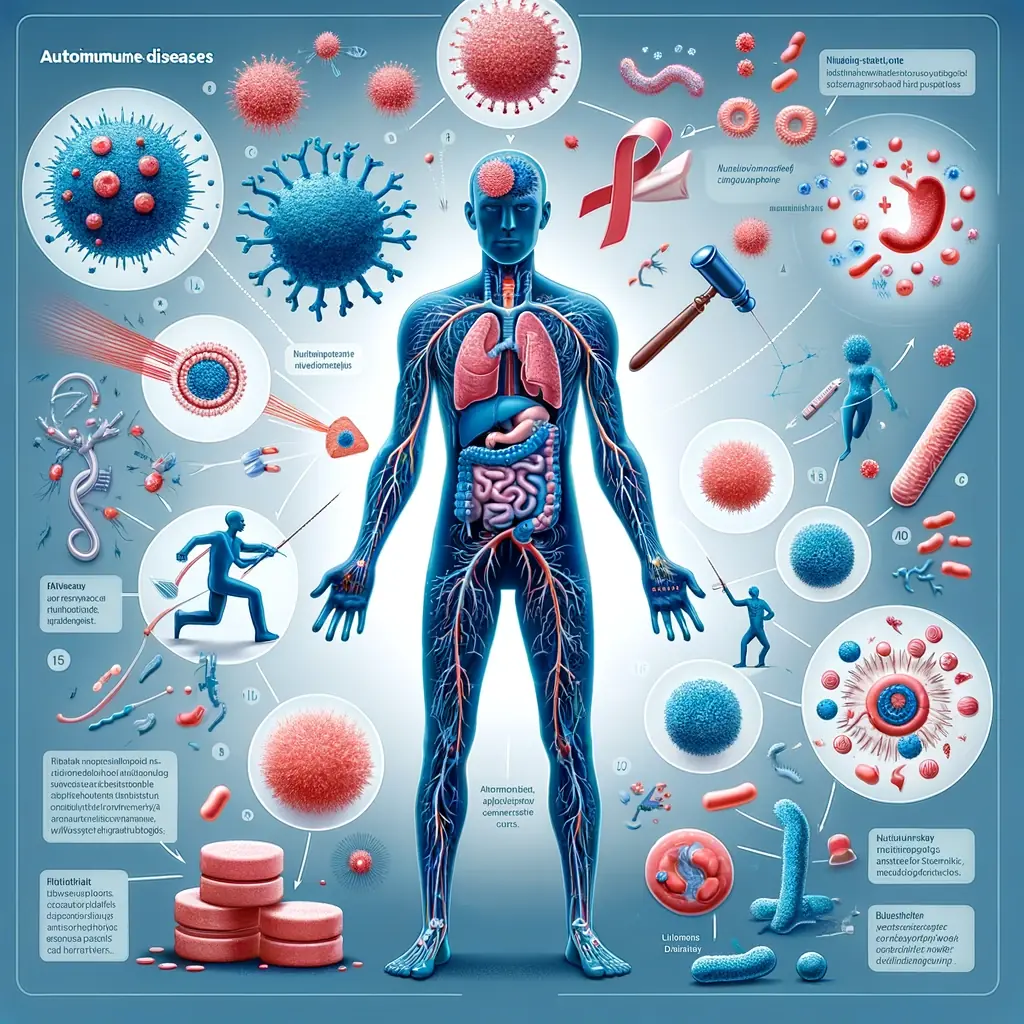
Keeping track of your menstrual cycle may seem like a hassle, but it can offer clues about your overall health. So how do you know what’s normal and when there’s cause for concern?
At Scottsdale Private Physicians, LLC, our team knows that better health starts with a better understanding of your body. That’s why we offer comprehensive women’s health care services, including menstrual disorder treatment. Here’s what you should know about your menstrual cycle and how to spot a problem.
Generally speaking, your menstrual cycle measures the changes your body goes through each month while preparing for the possibility of pregnancy. During this time, your ovaries release an egg. You also undergo hormonal changes.
If the egg doesn’t become fertilized, you don’t become pregnant. In response, the uterus sheds its lining, resulting in a menstrual period. Then, the process begins all over again.
To determine the length of your menstrual cycle, you start counting on the first day of your period and continue counting until the next time your period begins. So, your menstrual cycle is the number of days between Day 1 of your period and Day 1 of your next period.
It depends. That’s because menstrual cycles can vary significantly from woman to woman. For example, one woman could menstruate every 21 days and another every 35 — both of which are considered normal cycles. Similarly, periods themselves can last anywhere from 2-7 days.
Menstrual cycles can also change over your reproductive timeline. In fact, many women experience longer menstrual cycles when they first begin menstruating and shorter, more regular cycles as they age.
To gain a better understanding of your menstrual cycle, we recommend keeping track of the following each month:
Paying attention to each of these aspects of your menstrual health can help you notice signs of a problem.
While “normal” can vary from woman to woman, there are common signs of menstrual problems that you shouldn’t ignore. Examples of menstrual irregularities include:
Symptoms like these could indicate an underlying problem.
If you have an abnormal menstrual cycle, several things could be to blame — even stress can throw your body off. Common causes of abnormal menstrual cycles include:
It’s also possible to experience abnormal menstruation because of certain medical conditions such as uncontrolled diabetes and pregnancy complications such as an ectopic pregnancy.
To help determine what’s to blame for your abnormal menstrual cycle, your doctor discusses your symptoms, performs a physical exam, and orders tests as needed to reach a diagnosis. Based on our findings, we recommend treatment ranging from healthy lifestyle changes to hormone therapy, medications, or minimally invasive surgery.
Do you have an abnormal menstrual cycle? Please don’t ignore it. Contact one of our Scottsdale, Arizona, locations to schedule a women’s health appointment today.





